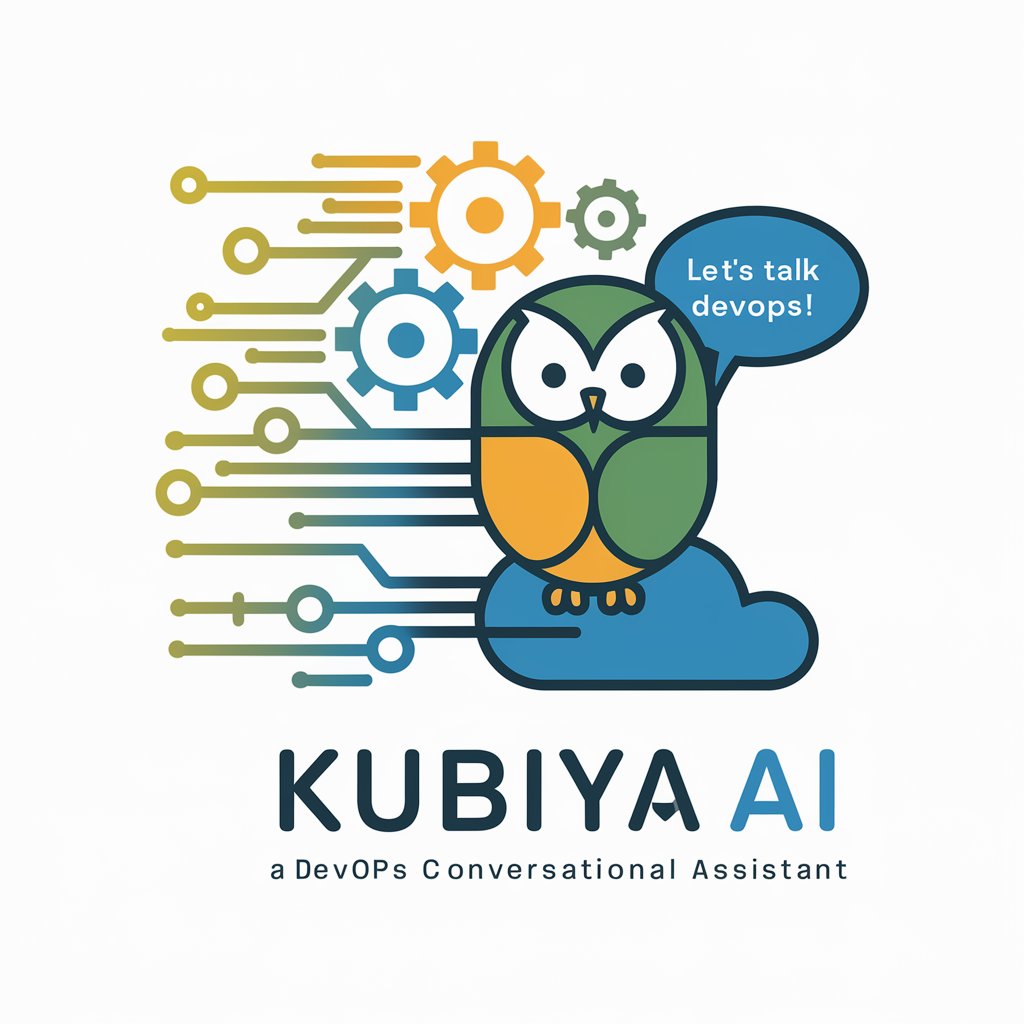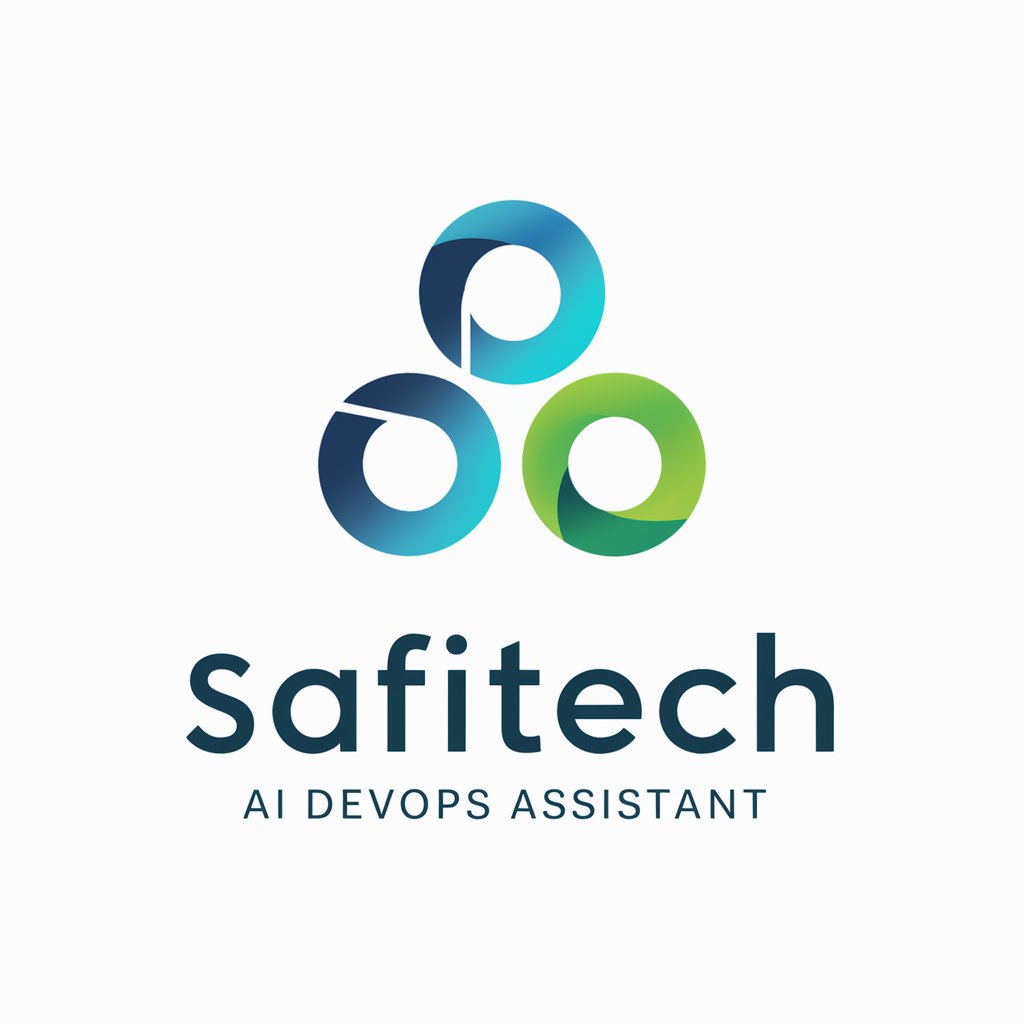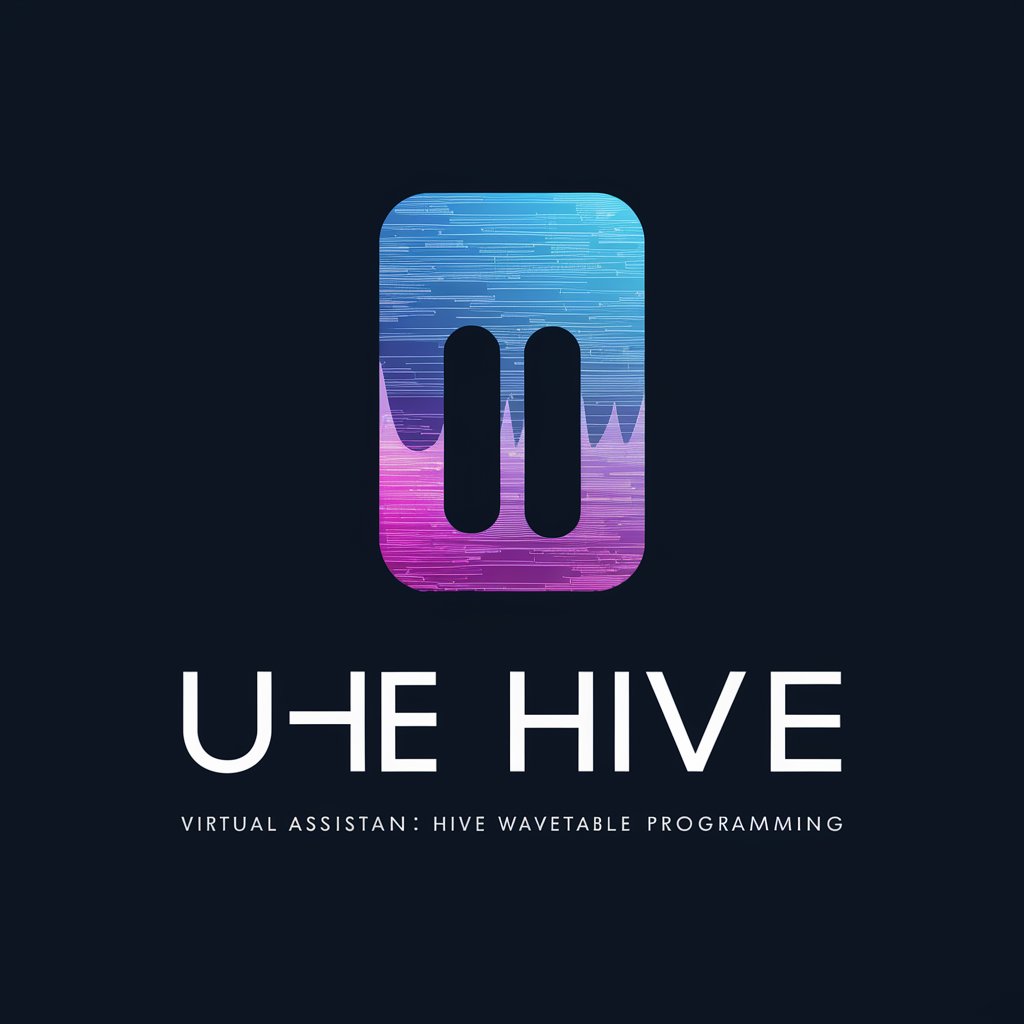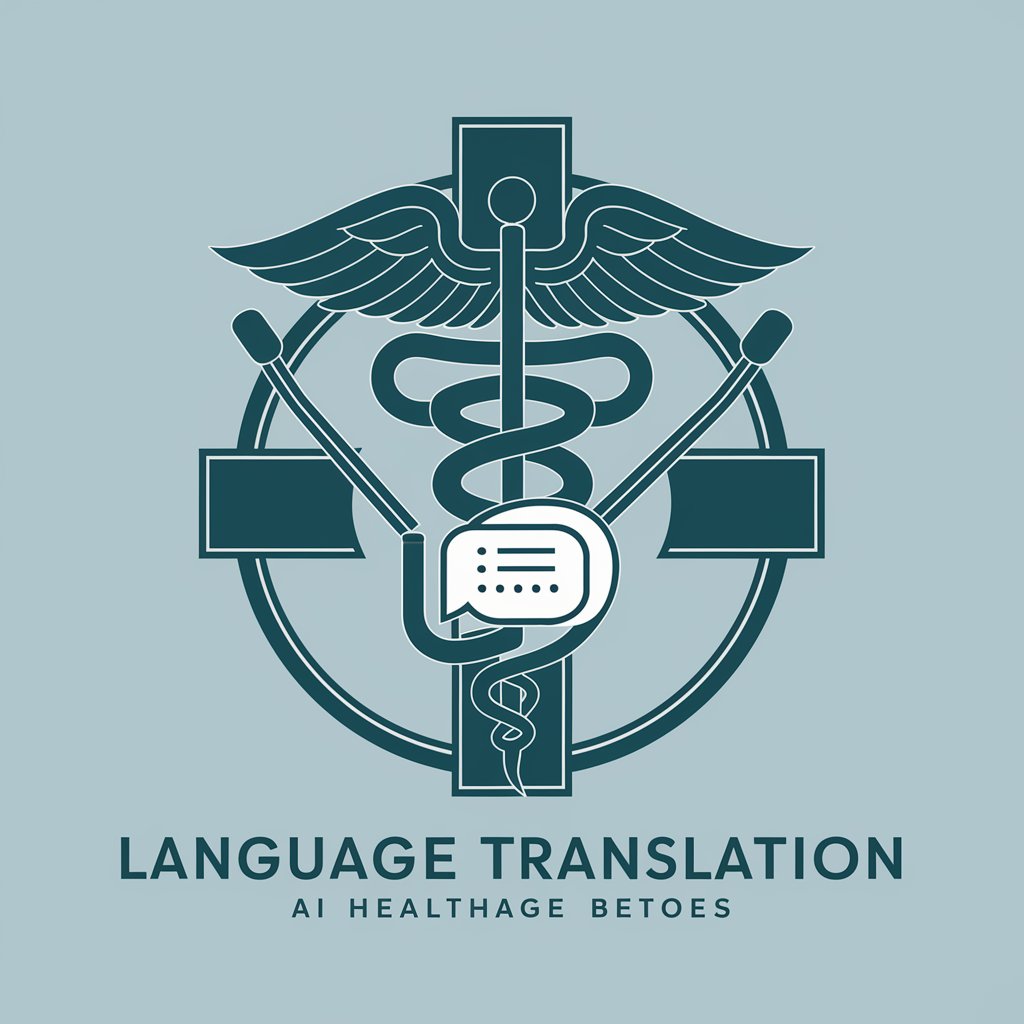Kubiya AI - Conversational DevOps Assistant

Hey there! Ready to revolutionize your DevOps with Kubiya?
Simplify DevOps with AI-driven Conversations
Explain how Kubiya simplifies CI/CD pipelines in DevOps.
Describe the benefits of using Kubiya for cloud infrastructure management.
How does Kubiya integrate with popular engineering tools?
What security practices does Kubiya enforce in DevOps processes?
Get Embed Code
Kubiya AI: Your DevOps Assistant
Kubiya AI is a conversational AI-powered internal developer platform designed to streamline DevOps tasks and processes for engineering teams. Leveraging Generative AI and Large Language Models, Kubiya provides a self-serve interface for engineers to access and manage DevOps services through natural language conversations. Kubiya integrates with dozens of popular engineering tools, allowing users to run CI jobs, manage deployments, create Kubernetes namespaces, manage Jira tickets, and update configuration files in platforms like GitHub, Gitlab, or Bitbucket. Its design purpose is to make DevOps management intuitive, accessible, and efficient by translating natural language into actionable commands on your platforms, all while enforcing security protocols. Powered by ChatGPT-4o。

Core Functions and Use Cases of Kubiya AI
CI Jobs Management
Example
Asking Kubiya to 'run the CI pipeline for the develop branch'
Scenario
An engineer wants to trigger a continuous integration job for a specific branch without leaving their current workflow environment, such as Slack. Kubiya translates this request into an actionable command and executes the CI job, providing status updates and results.
Deployment Management
Example
Requesting 'deploy the latest version of our web app to staging environment'
Scenario
A team member needs to deploy the latest version of an application to a staging environment. By simply conversing with Kubiya, the deployment is initiated, monitored, and confirmed, facilitating quick and secure releases.
Kubernetes Namespace Management
Example
Instructing Kubiya to 'create a new Kubernetes namespace for our QA team'
Scenario
When a project requires a new environment for QA testing, Kubiya can quickly create a new Kubernetes namespace based on the request, streamlining resource allocation and ensuring teams have the environments they need for testing.
Jira Ticket Management
Example
Telling Kubiya to 'create a Jira ticket for a bug in the payment module'
Scenario
An engineer identifies a bug and needs to create a Jira ticket. They tell Kubiya the details, and it creates the ticket, setting priorities and notifying relevant team members, all without breaking their development flow.
Configuration File Updates
Example
Asking Kubiya to 'update the configuration file in GitHub with new environment variables'
Scenario
To update application settings, a developer requests Kubiya to modify a configuration file in GitHub. Kubiya makes the updates directly, ensuring that the latest configurations are in place for the next deployment.
Target User Groups for Kubiya AI
Software Developers
Developers benefit from Kubiya by streamlining their workflow, automating mundane tasks, and focusing more on coding and less on administrative tasks. Kubiya's conversational interface means they can perform DevOps operations without leaving their coding environment.
DevOps Engineers
DevOps engineers leverage Kubiya to automate and monitor CI/CD pipelines, manage cloud resources, and enforce security practices more efficiently, thereby reducing manual effort and improving deployment cycles.
Project Managers
Project managers can use Kubiya to track project progress through Jira integrations, streamline communications between developers and operations teams, and ensure that deployments and updates are carried out smoothly.
QA Engineers
QA engineers utilize Kubiya for managing testing environments and deployments, allowing for more efficient testing cycles and quicker identification and reporting of issues through automated ticket creation.

How to Use Kubiya AI
Start Your Free Trial
Begin by visiting yeschat.ai to start your free trial instantly, with no requirement for login or a ChatGPT Plus subscription.
Install Slack App
Install the Kubiya Slack app to integrate seamlessly with your team's workflow, allowing you to interact with Kubiya directly within Slack.
Connect Your Tools
Easily connect to your native tools such as AWS, Kubernetes, GitHub, and others through Kubiya's native connections for streamlined operations.
Interact with Kubi
Start conversing with Kubi, your DevOps assistant, to manage deployments, update configurations, and query information from your connected tools.
Explore Advanced Features
Dive deeper by exploring advanced features like running CI jobs, managing Kubernetes namespaces, and updating Jira tickets directly through conversational commands.
Try other advanced and practical GPTs
Safitech AI DevOps Assistant
Optimizing DevOps with AI Expertise

Johnny #5 - He is still alive!
Engage with AI, Johnny #5 style!

Soulmate: He
Empathy at Your Fingertips

He
Explore Perspectives with AI

What the H*** does he want?!
Unravel the whims of whimsical dogs!

iam: u-He Hive Helper
Elevate Your Sound with AI

President GPT
Practical AI for Realistic Outcomes

President Abraham Lincoln - 분석장인
Revive history with AI-powered Lincoln insights.

Vice President of Marketing
Empowering Marketing with AI Insights

President Obama
Bringing Presidential Eloquence to AI

Dude for President
Chill with The Dude's Political Wisdom

Language Translation in Healthcare
Bridging Language Barriers in Healthcare

Frequently Asked Questions About Kubiya AI
What is Kubiya AI?
Kubiya is a conversational AI-powered platform designed for DevOps teams, facilitating easy access to DevOps services through natural language interactions with the Kubi assistant.
How does Kubiya ensure security?
Kubiya enforces strict security protocols with every request, integrating seamlessly with your organization's security measures to ensure safe and reliable operations.
Can Kubiya integrate with my existing DevOps tools?
Yes, Kubiya can easily connect with popular engineering tools like AWS, Kubernetes, GitHub, and more, allowing you to manage these tools through Kubiya's conversational interface.
What types of operations can I perform with Kubiya?
With Kubiya, you can run CI jobs, manage deployments, create Kubernetes namespaces, update Jira tickets, modify configuration files, and much more, all through simple conversational commands.
Who can benefit from using Kubiya?
Engineering teams of all sizes, from startups to large enterprises, can benefit from Kubiya's ability to streamline DevOps processes, improve efficiency, and enhance collaboration.
